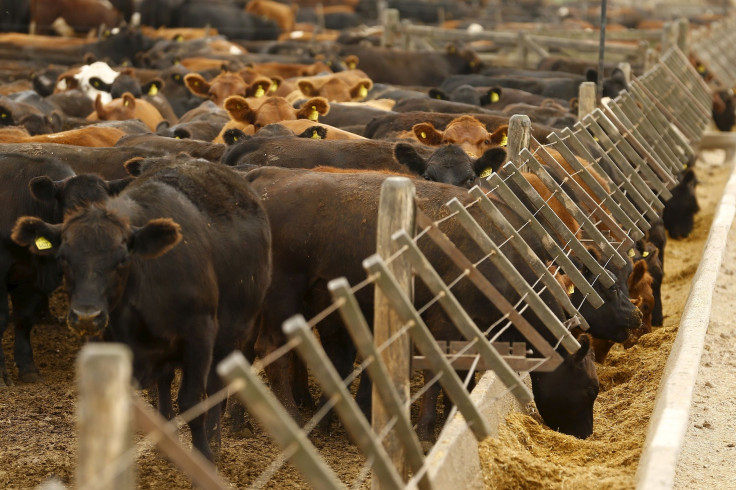Australian beef producers, facing stiff competition, could benefit from Chinese premier's visit

Red meat exporters are hoping that Chinese Premier Li Keqiang’s visit to Australia this week will lead to improvements in trade access for Australian beef and sheep meat. Li will be arriving on Wednesday.
The focus of the Chinese premier’s official visit will be to discuss the issues surrounding the China Australia Free Trade Agreement, which came into effect last year. The issue of "behind the border" barriers concerns the agriculture produce, which has limited the access for chilled beef into China.
A paper released by Rabobank, titled "Australian Red Meat Exports to China," assesses how Australian beef and sheep meat exports to China could be affected by the latter’s growing animal protein demand. According to the paper, China is expected to import 800,000 tonnes of beef and 50,000 tonnes of sheep meat by 2020. Nevertheless, this will only result in a slight increase in Australia’s red meat exports to China.
Rabobank senior animal protein analyst Angus Gidley-Baird said despite beef and sheep meat exports to China escalating substantially in 2012 and 2013, tight competition has caused Australia’s market share, including exports, to return to normal. Beef exports have been a bilateral issue between the two countries since China put brakes on the imports in 2013.
"China is one export market in which Australia can truly leverage the characteristics of its product and market access over others and, if we do this well, the Australian beef and sheepmeat sectors should avoid low-cost market competition and see exports to China grow at a sustained pace," Gidley-Baird said.
The stoppage came after Chinese producers began witnessing a decline in their market share to their Australian counterparts. The ban was partially lifted in 2014. Consequently, 10 plants were allowed beef exports to China. With Lig and Australian Prime Minister Malcolm Turnbull scheduled to meet to discuss beef exports, it is expected that the relaxation on the ban will extend to 35 plants.
"A platform has been laid for a discussion between the two leaders," Patrick Hutchinson, general manager of the Australian Meat Industry Council, said. "We have progressed it as far as we can and done a huge amount of work to provide all the necessary information."
China currently faces a shortage of resources to up production. The country’s beef imports are forecast to touch 1.4 million tonnes a year in 2020. At the same time, sheep meat imports in to China are predicted to reach 350,000 tonnes.





















